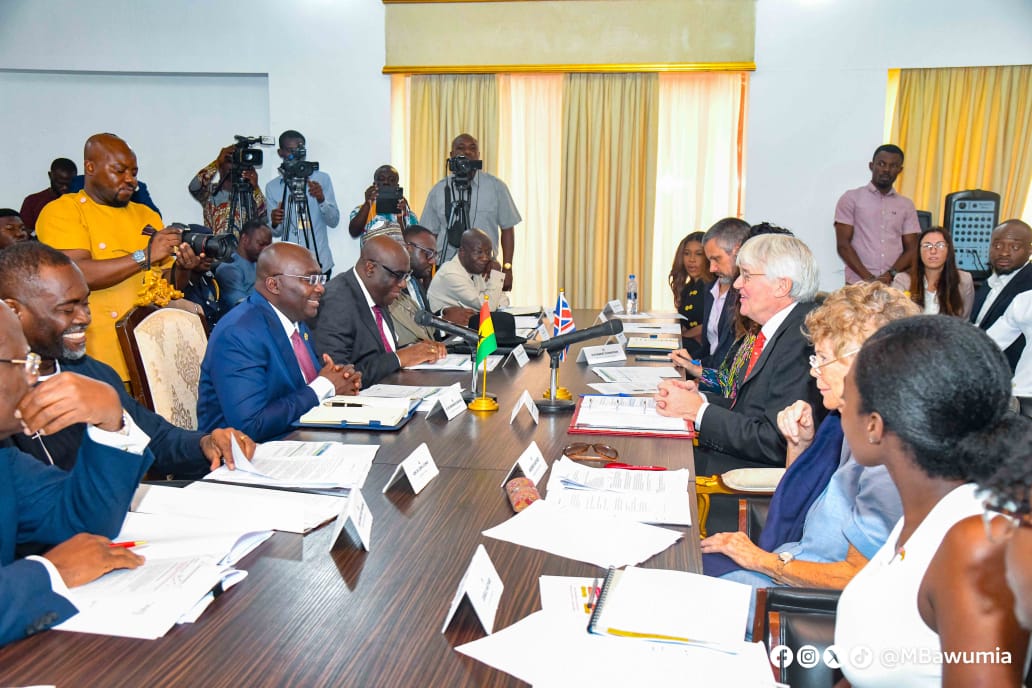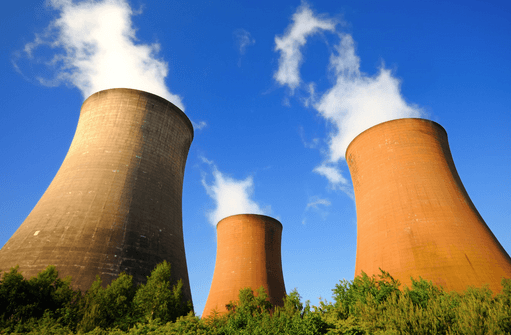
By Buertey Francis BORYOR
The Director-General of the Ghana Atomic Energy Commission (GAEC), Professor Samuel Boakye Dampare, has emphasised the commission’s dedication to promoting the peaceful utilisation of nuclear science and technology to impact all facets of society.
The commitment, according to him, will increase the utilisation of radiation sources and acceptability of the technology in the country.
Consequently, he urged the management and staff of the commission to stand prepared to provide increased technical services at world-class standards to its clients, stakeholders and the nation as whole.
“You must constantly be on the lookout for avenues to keep impacting society. As well, you must be ready to expand the research that you carry out in radiation protection that support your technical decisions and adds to the body of knowledge for the good of humanity,” he added.
Aside from radiation being employed in medicine, industry and academia to enhance mankind’s livelihood, he further said it has useful applications in agriculture, telecommunication, archaeology – using carbon dating, space exploration, law enforcement and geological resources prospecting and exploitation, to mention a few.
Moreover, he highlighted radiation’s immense benefits for socio-economic development, but said that it is crucial to acknowledge its potential hazards to humans and the environment and find ways to address it.
Mr. Dampare said this at the Radiation Protection Institute (RPI) of the GAEC’s Public Engagement held in Accra. It was themed ‘Ensuring radiation protection for workers, the public and environment: the role of Radiation Protection Institute’.
The event also marks GAEC’s 60th anniversary celebration – signifying six decades of impacting society through nuclear science and technology.
Head of the Biochemical Engineering Unit of the Ministry of Health (MoH), Dr. Nicholas Adjabu, and the event’s Chairman, in a keynote address, intimated that from medical diagnostics and treatment to industrial applications and scientific research, sources of radiation serve a multitude of purposes – all of which rely on robust radiation protection measures.
He added that the RPI, an institute with the responsibility of ensuring radiation safety, has over the years played a crucial role in safeguarding workers, the public and the environment from the potential hazards of radiation associated with nuclear technology.
“As we navigate the ever-evolving field of radiation technology, with increasing application of radiation in the various sectors of the economy, the RPI’ss central role in ensuring the safe and responsible use of sources of radiation has become more crucial than ever. There is the need to maximise the benefits while minimising the harms,” he further noted.
He also emphasised that the institute’s commitment to its mission of protecting human health and the environment is evident in its multi-faceted approach to education and training, research, public outreach and provision of technical services.
Mr. Adjabu encouraged all to work together to ensure that the benefits of radiation technology are harnessed responsibly for the betterment of society and protection of the environment.
The RPI is one of the seven institutes of GAEC. It was established to provide scientific and technical support in Health Physics, Occupational Radiation, Protection, Public Exposure Control and Nuclear Safety and Security. It also undertakes research and technical services in non-ionising radiation protection.
The post GAEC pledges to promote peaceful utilisation of nuclear science and technology appeared first on The Business & Financial Times.
Read Full Story














Facebook
Twitter
Pinterest
Instagram
Google+
YouTube
LinkedIn
RSS